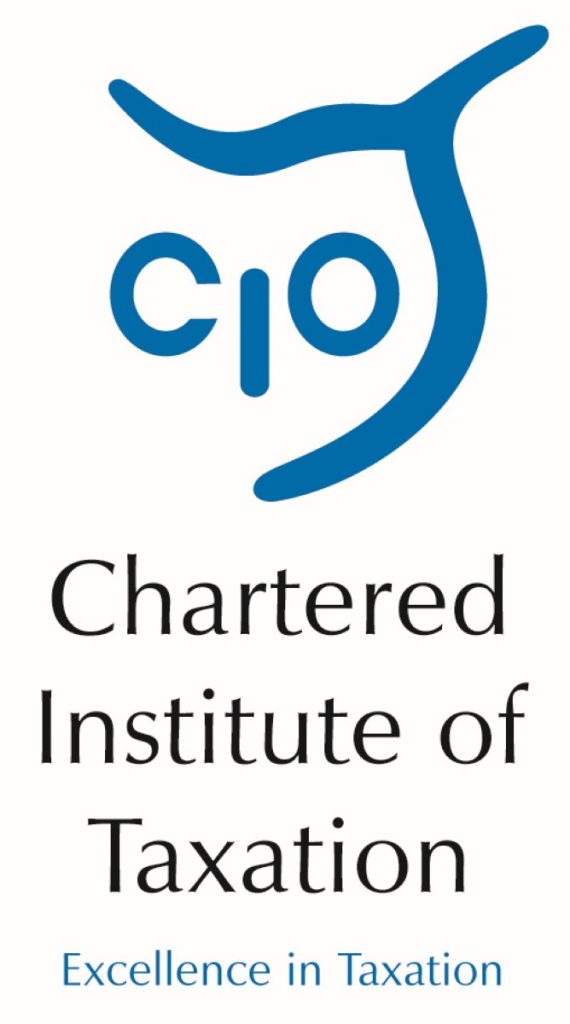The Chartered Institute of Taxation (CIOT) has written to Chancellor Philip Hammond urging him not to rush through a large number of tax changes without any real parliamentary scrutiny.
Following the announcement of a snap election on June 8th the timetable for Finance Bill 2017 will inevitably be truncated. Rather than the expected two days of House of Commons debate and 14-20 standing committee sessions, plus two days of report stage and third reading debate, precedent suggests that the committee and report stages will be compressed into a single day.
At 762 pages the current Finance Bill is the longest on record.
The CIOT is urging the Government to drop the majority of the current Bill and keep only those measures essential to maintain the Government’s revenue raising capacity, such as renewing the provision of income tax, and other measures which are required urgently, such as anti-avoidance provisions. Measures dropped could be reintroduced in a post-election Finance Bill where they can be scrutinised at greater length.
In the letter, CIOT President Bill Dodwell says:
“I am writing on behalf of the Chartered Institute of Taxation to urge you not to rush through Parliament substantial tax changes prior to the forthcoming general election.
“We recognise the need to pass a basic Finance Bill before the election, containing those measures essential to the continuation of the tax system – primarily the renewal of income tax. This could also reasonably confirm changes to levels of duties announced on Budget day, and any other measures which are required urgently, such as anti-avoidance provisions. However, we believe most other measures should be left until a post-election Finance Bill where they can be scrutinised at greater length.
“This is not simply about the formality of parliamentary debate. Since the Finance Bill was published on 20 March, the Chartered Institute of Taxation has identified a number of changes that we believe are needed to the legislation on areas including in complicated areas such as loss relief and interest deductibility. No doubt other external bodies have identified concerns too. A truncated timetable – rushing through 762 pages of legislation in a single day or even two days next week – will not allow for adequate consideration of the matters we have raised.
“A post-election Finance Bill would also enable more of the framework for Making Tax Digital to be put in statute, rather than brought in through regulations.
“The CIOT acknowledges, and welcomes, improvements in the level of consultation on tax issues by the Government over recent years. Our recent report, with the Institute for Government and the Institute for Fiscal Studies, on Tax Policy Making included recommendations for better scrutiny by Parliament of new legislation. We hope you will be able to reassure us that these general improvements on consultation will not be undermined by the rushing through of a huge Finance Bill without the chance of amendments and scrutiny in the final days of this Parliament.”
The CIOT has copied its letter to the Shadow Chancellor and the Chair of the Treasury Select Committee.
Notes for editors
1. The lengthiest elements of the current Finance Bill are:
· Corporate interest restriction – 156 pages
· Relief for carried-forward losses for corporates – 116 pages
· Trading and property businesses income and two new related allowances – 53 pages
· Soft drinks industry levy – 35 pages
2. The Chartered Institute of Taxation (CIOT)
The CIOT is the leading professional body in the United Kingdom concerned solely with taxation. The CIOT is an educational charity, promoting education and study of the administration and practice of taxation. One of our key aims is to work for a better, more efficient, tax system for all affected by it – taxpayers, their advisers and the authorities. The CIOT’s work covers all aspects of taxation, including direct and indirect taxes and duties. Through our Low Incomes Tax Reform Group (LITRG), the CIOT has a particular focus on improving the tax system, including tax credits and benefits, for the unrepresented taxpayer.
The CIOT draws on our members’ experience in private practice, commerce and industry, government and academia to improve tax administration and propose and explain how tax policy objectives can most effectively be achieved. We also link to, and draw on, similar leading professional tax bodies in other countries. The CIOT’s comments and recommendations on tax issues are made in line with our charitable objectives: we are politically neutral in our work.
The CIOT’s 18,000 members have the practising title of ‘Chartered Tax Adviser’ and the designatory letters ‘CTA’, to represent the leading tax qualification.





-01.png)